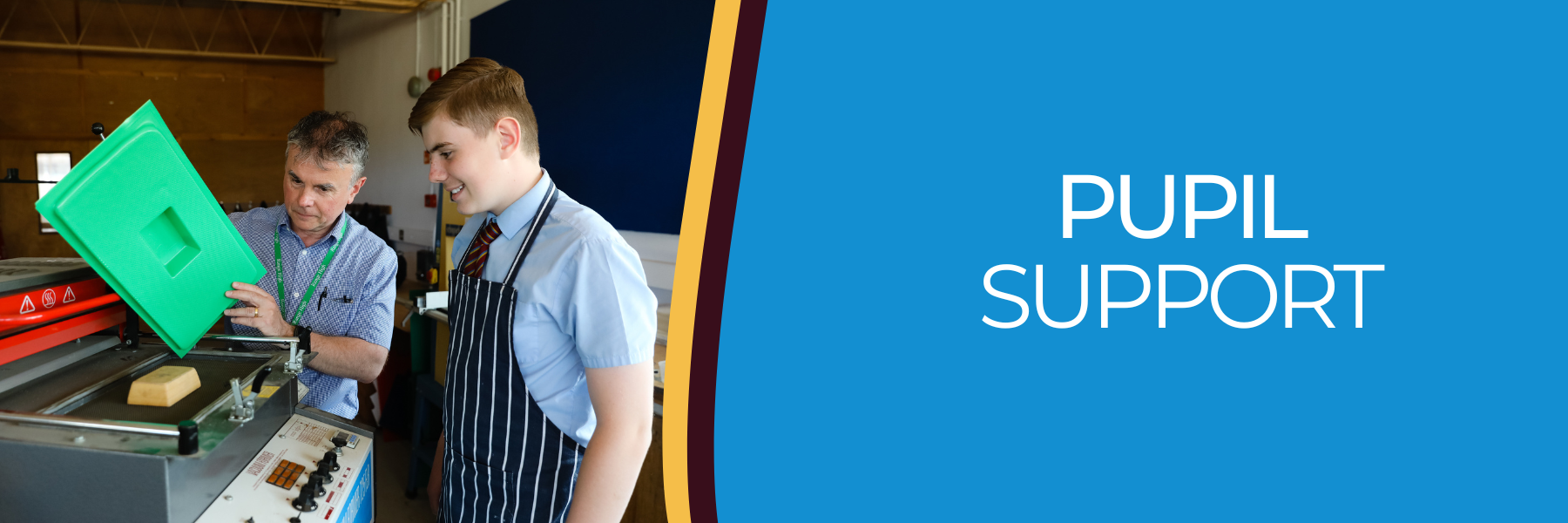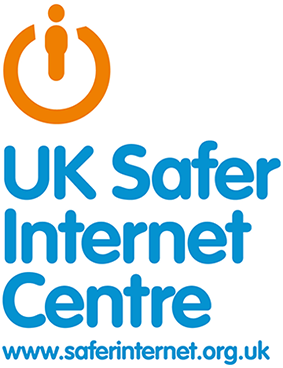
 |
Report Abuse |
 |
Report Remove |
 |
Report Hurtful Content |
• The internet is a good thing.
• Children need to use the internet to be successful in the modern world.
• We need to teach children to use the internet safety to avoid the risks.
• Range High School Acceptable Use Policy
• Setup an account/profile.
• Create a virtual friends list by sending and receiving friend requests from others.
• Add personal information such as school details, address, family information etc.
• Share what their ‘status’ is and other friends can comment on this. For example “On my way home from school.”
• Comment on other statuses
• Upload photographs and videos
• Chat to others privately through the use of instant chat and video chat facilities.
• Sign into places and a map will point out where they are.
• They may receive a friend request from somebody they do not know.
• People lie online and may pretend to be someone else.
• People who want to meet with younger children may use their personal information such as their hobbies to build up a relationship with them and ask to meet.
• Cyberbullying – Children can be bullied through the use of technology. They may receive messages, phone calls, photos, videos
• Children may become addicted and may miss out on opportunities.
• Children can share personal information that can be seen by others.
• Future employers, colleges, universities etc. may be able to see their online activities.
• Children should be at least 13 to setup a social networking profile. Social networking sites don’t allow children under the age of 13 to use their services. Some
offer special accounts for younger children such as “SnapKidz.”
• Talk to your child about putting photographs online. They are open for people to see. If somebody copies their photograph then they have this forever.
• Help set up their profile. They can decide how much or how little they want to put on. Discourage your child from adding personal information (e.g. phone numbers etc.). Often social networking sites remind you that you have information missing but you DON’T have to provide everything they want.
• Ensure your child has set privacy settings to maximum. When they set privacy settings to ‘Private’ this is normally only minimum and although some aspects of their profile are set to private not everything is.
• “Friends” need to be people they know and trust in the real world. Try to talk to your child about the friends they have and how they know them.
• Try your very best to be “Friends” with your child on all social networking sites they are using.
• Add your email as the main contact (if possible).
• Make sure your child knows how to block people and how to close down their account in case they wanted to.
• Save www.thinkuknow.co.uk & www.ceop.police.uk/safety-centre to your favourites. Show your child where these are.
• Open up communication – talk to your child about the sites they are using and why they like them.
• Explain that people lie online and they are not always who they say they are .
• Encourage your children to make usernames anonymous. For example SandStorm245 rather than JackSmith1996.
• Use filters and firewall software. Remind them not to respond to popups, junk email and spam.
• Remind your child that everything they do online leaves a ‘Digital Footprint.’ Everything can be traced.
• Turn off location services on your child’s mobile phone.
If anything or anyone online makes you feel suspicious, uncomfortable, bullied or pressurised, you can and should report this. You can:
• Contact your child’s form tutor / head of house.
• Contact the school e-safety lead – Mr Cadwell.
• Report abuse/concerns to CEOP (Child Exploitation and Online Protection Centre) at http://www.ceop.gov.uk.
• Contact Childline at http:/www.childline.org.uk or telephone them on 0800 1111.
The following resources may provide you with additional useful information. They come from third party organisations in the UK and USA.
The aim of the organisations is to education parents/carers to keep children safe online, but some information is limited by the date of publication or the
country or original and should be read in that context. This information has not been produced by Range High School.
The Parents’ Guide to Teaching your Teen Online Safety
Safer Internet Centre Factsheet
Keep Them Safe: Protecting Children from CSE
Range High School is a school where children flourish. We challenge all pupils...
find out moreSee all of the latest goings on at the school and stay up to date with all the latest news.
Read NewsGet in touch with us if there is anything you would like to discuss.
Get In Touch